How effective has the management of Cockle and Mussel fisheries on The Wash estuary been in ensuring that there is sufficient food for birds?

Author(s): Kirkland, M., Atkinson, P.W., Clark J.A. & Robinson, R.A.
Published: July 2024 Issue No.: 770
Publisher: British Trust for Ornithology Pages: 20pp
ISBN: 978-1-912642-67-0
Download article 4.13 MB application/pdf
During the 1980s, high fishing mortality of the Mussel stocks led to an almost complete disappearance of Mussel beds in The Wash, with the Mussel fishery closing in 1994. Cockle stocks also collapsed due to a long run of poor recruitment that followed high fishing rates in the 1980s. During that same period, the number of wintering Oystercatchers on The Wash declined by 75%, which was linked to increases in adult mortality.
We use a long-running volunteer-collected dataset to quantify the relationship between survival and winter climatic conditions and Mussel stock data to determine how much of the variation in survival is due to these factors. We also characterise a period of high mortality in the latter part of the 2022/23 winter.
The 1992 Wash Fishery Order led to strengthened management of the shellfisheries in The Wash, allowing a harvest without adversely impacting Oystercatcher survival, which has remained high and relatively stable since these measures were put in place. However, the recent bout of high mortality suggests careful management of stocks is required going forwards.
Notes
This report was produced for Natural England. We thank volunteers of the Wash Wader Research Group for their efforts in catching birds over several decades and sharing their data and Eastern IFCA for providing the shellfish data. Ron Jessop (EIFCA), Pip Mountjoy (NE) and Tracy O’Shea (NE) provided valuable comments on various versions of the report.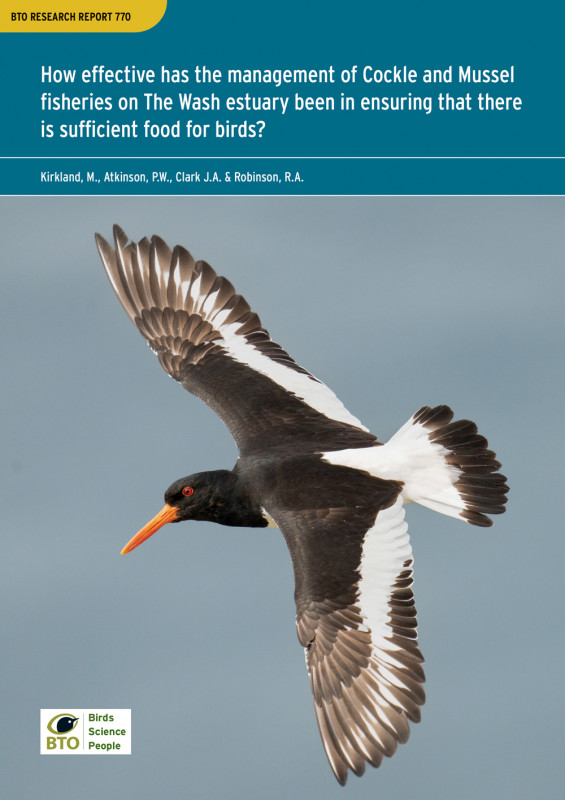

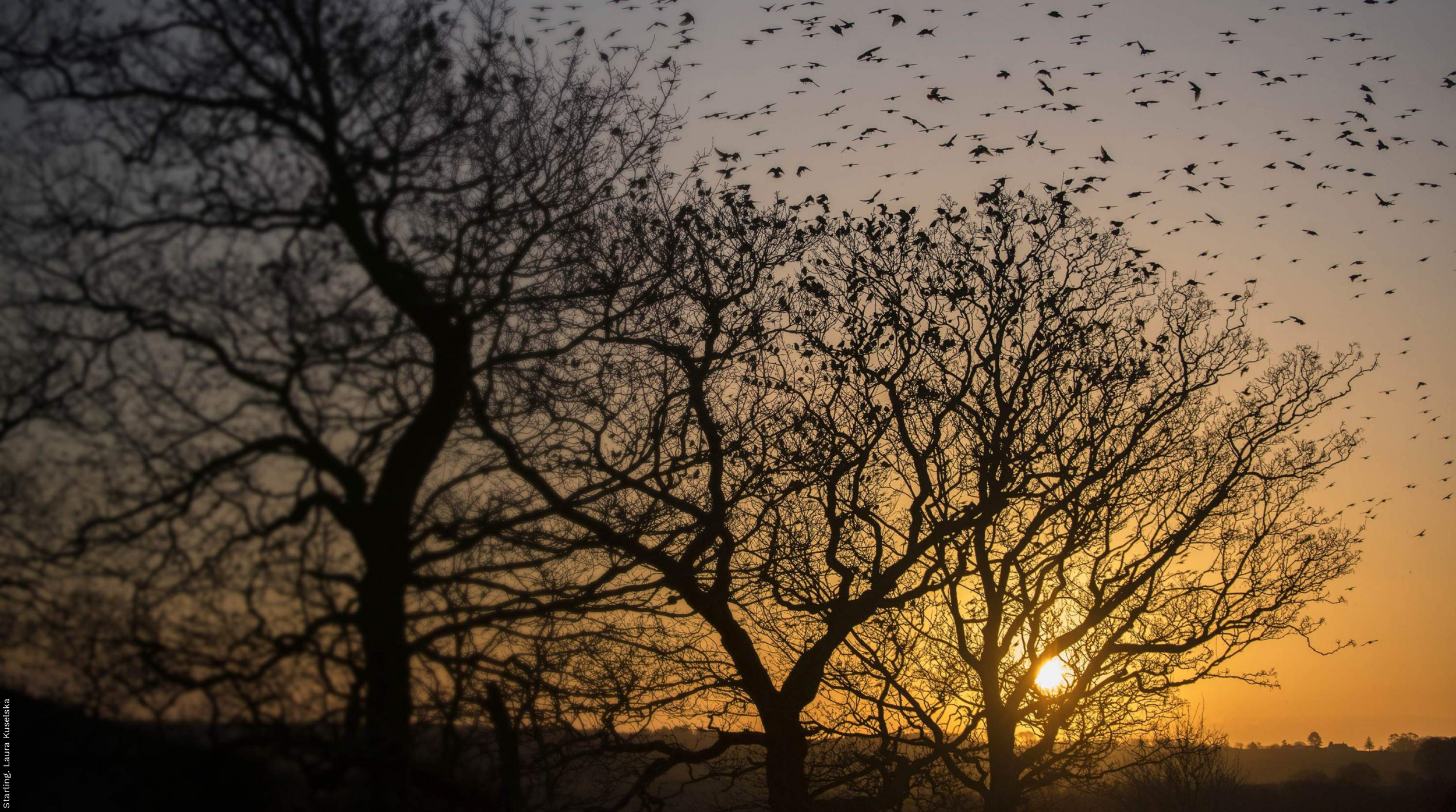



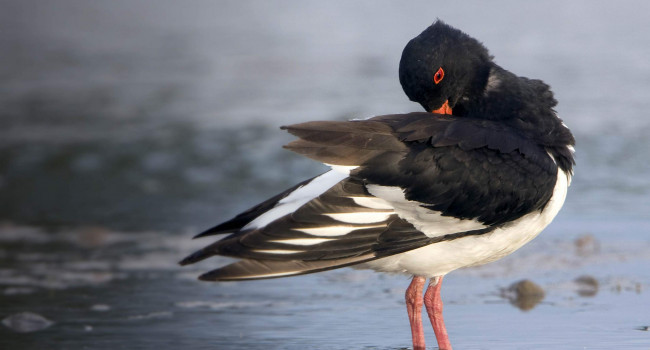
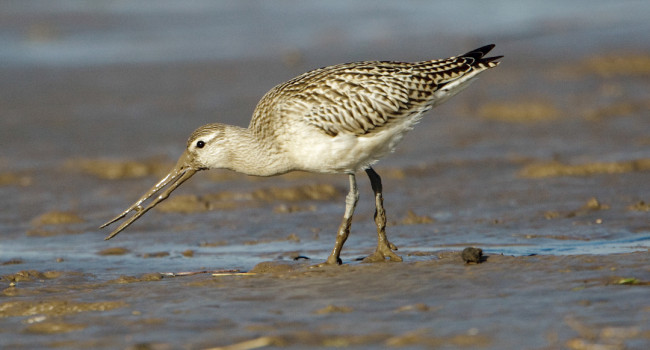
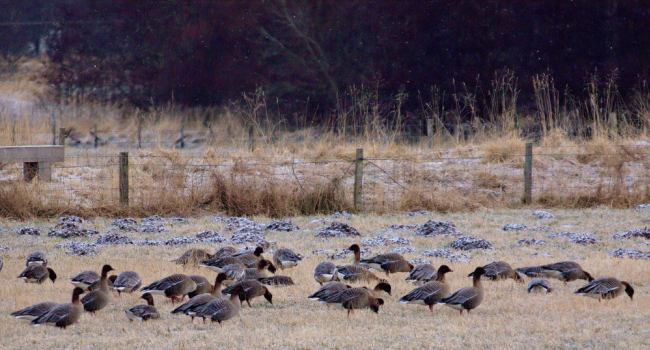

Share this page